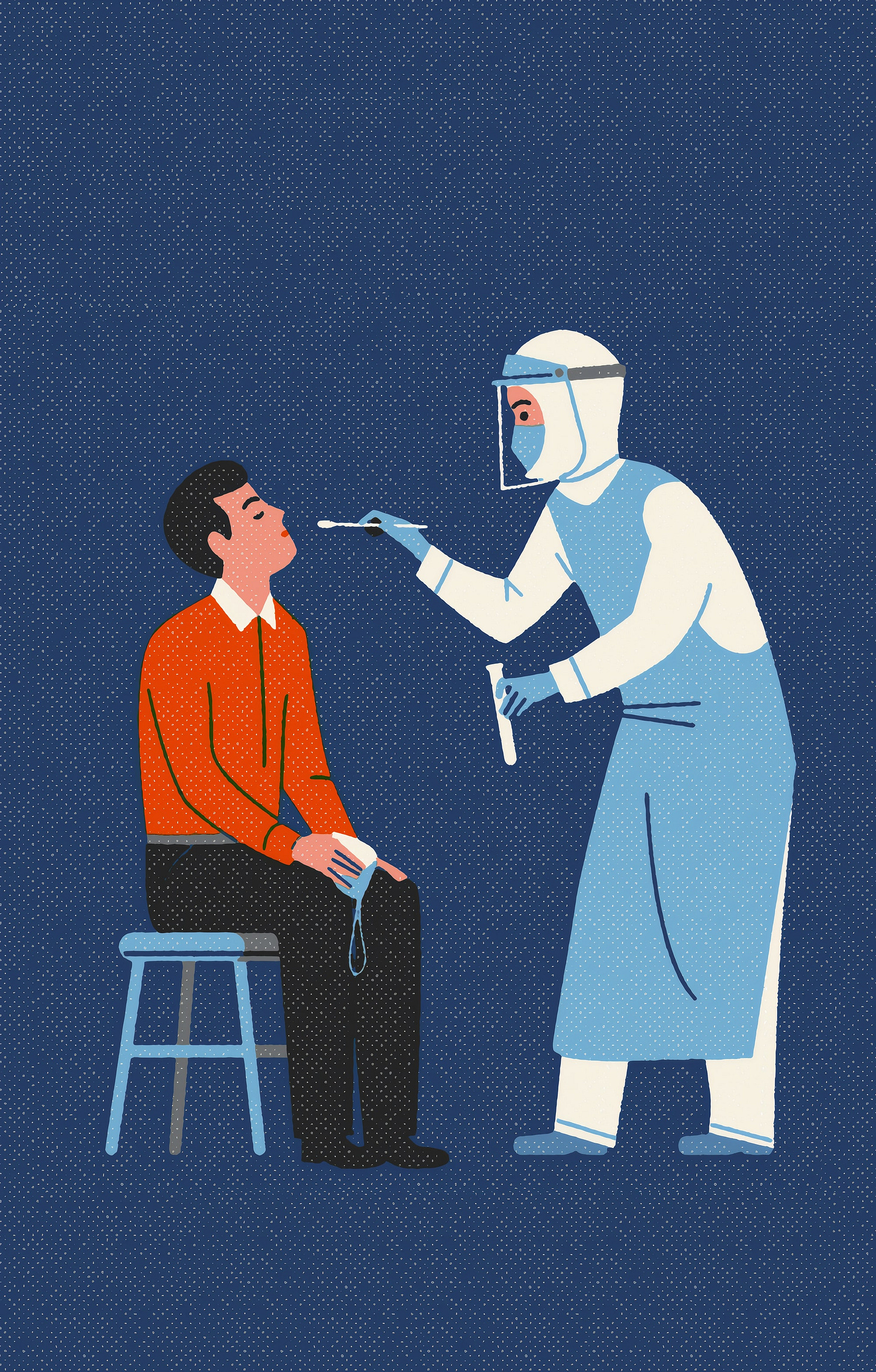📅 Three Things I've Learned Over the Last 12 Months

We marked the one year anniversary of the pandemic here in the U.S. last week. Here's what I've learned during the year of COVID:
1. Companies are perfectly capable of paying workers a living wage
Even during tough economic times.
Know how I know? Because they did it for months last year. Thousands of companies temporarily increased worker pay in order to support essential workers. And as they did, their stock prices hit record highs. We know that paying workers a fair wage is good for long-term profitability, but the pandemic proved that it is also good for the short-term prospects of most businesses, especially large ones.
Yet many companies haven't learned this lesson. Instead, some that are now reaping record pandemic-era profits and saving millions on rent and property upkeep, are seeking to cut the pay of remote workers to pad their bottom line even further.
Others continue to argue that a $15 minimum wage is too onerous a burden to bear. Even the very visible misery of the largest r…
Keep reading with a 7-day free trial
Subscribe to UnfairNation to keep reading this post and get 7 days of free access to the full post archives.




